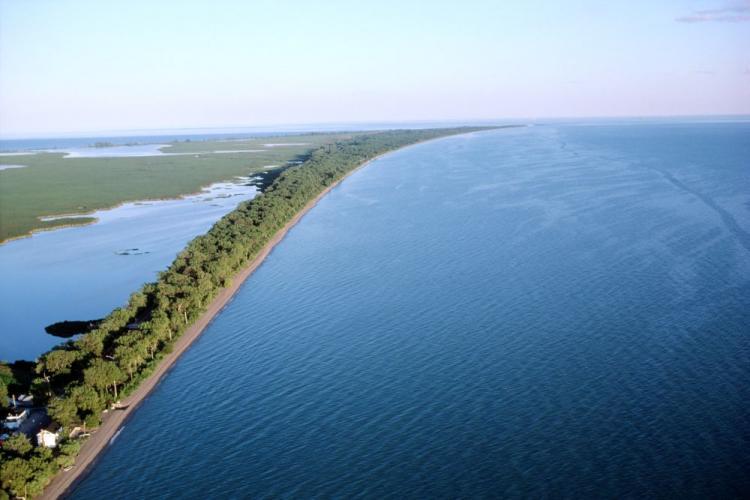The Canada Infrastructure Bank (CIB) incurred a loss of approximately $900,000 on the Lake Erie Connector project, an initiative aimed at constructing a 117-kilometre underwater electricity transmission line of “clean, non-emitting power” from Ontario to Pennsylvania.
The failed project, which was intended to export electricity from Ontario to a significant power market, never commenced construction and was subsequently abandoned in 2022. The incurred costs were attributed to legal, financial, and power transmission consultancy fees, according to Blacklock’s Reporter.





